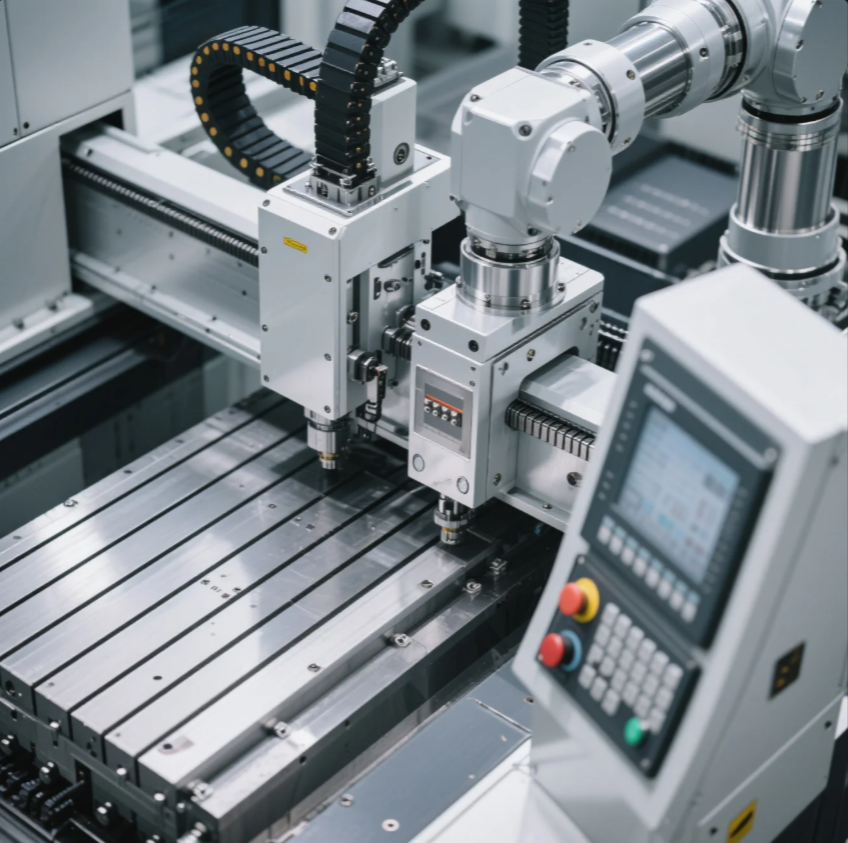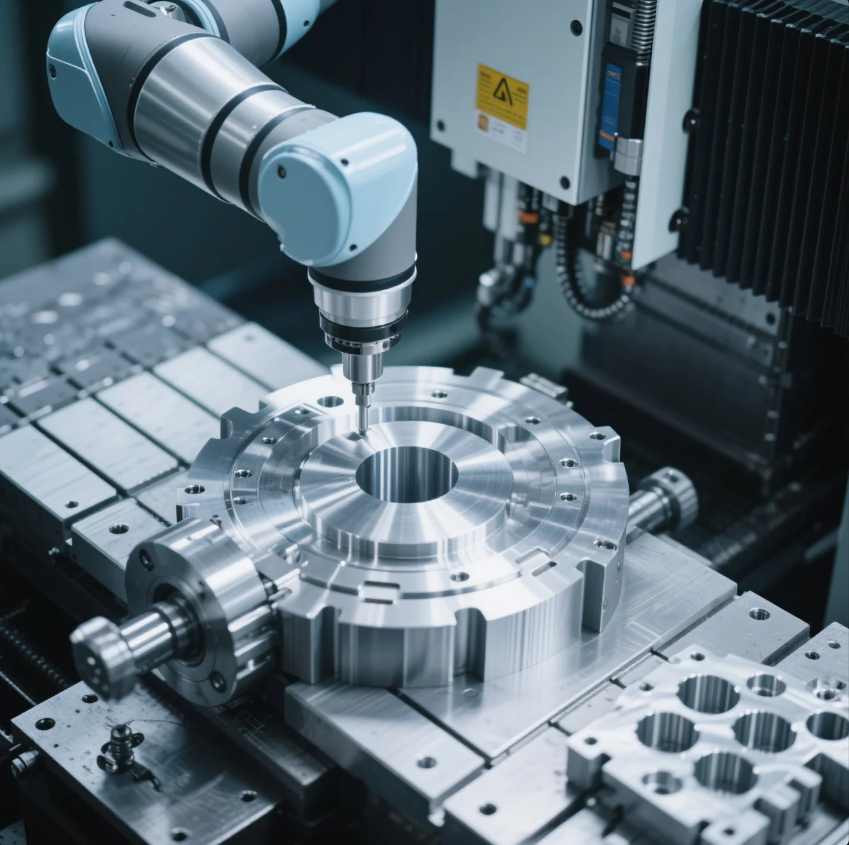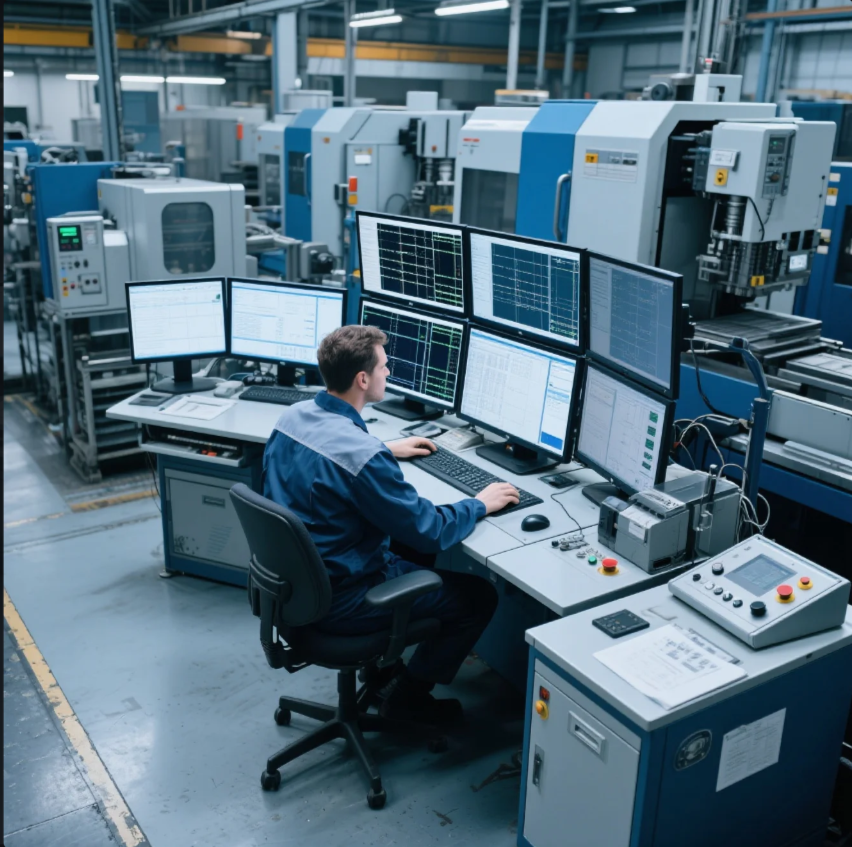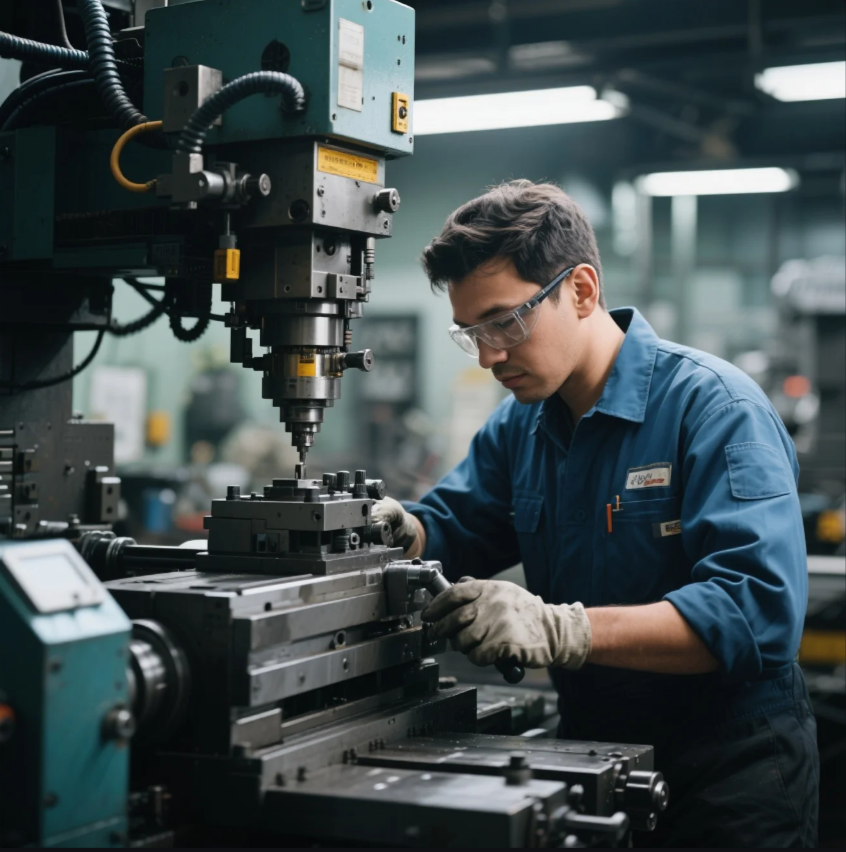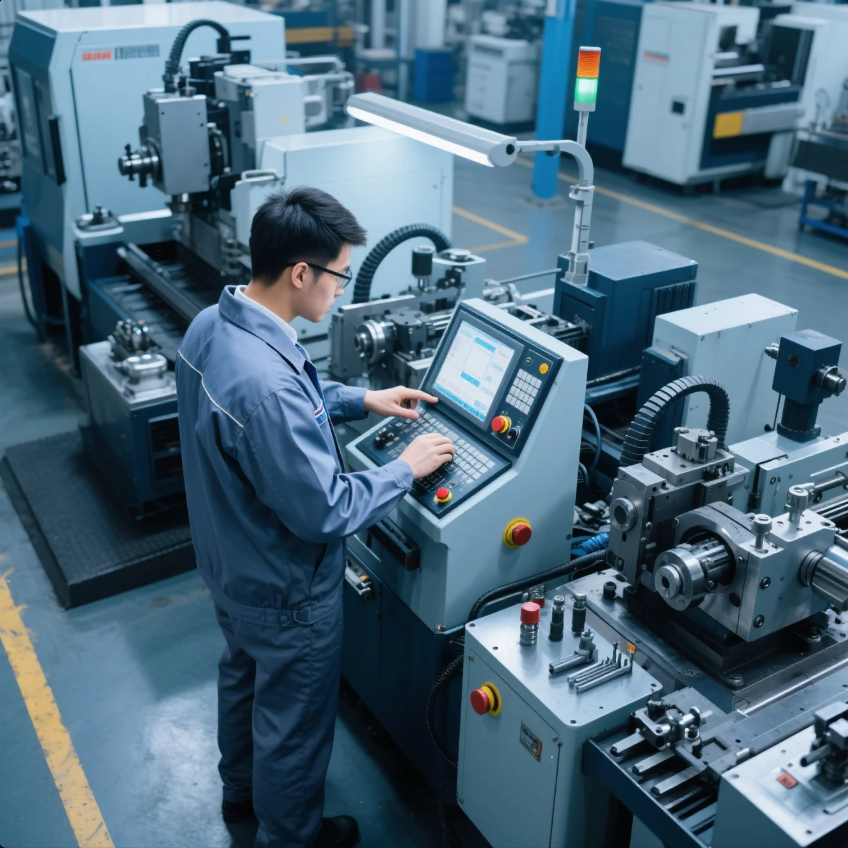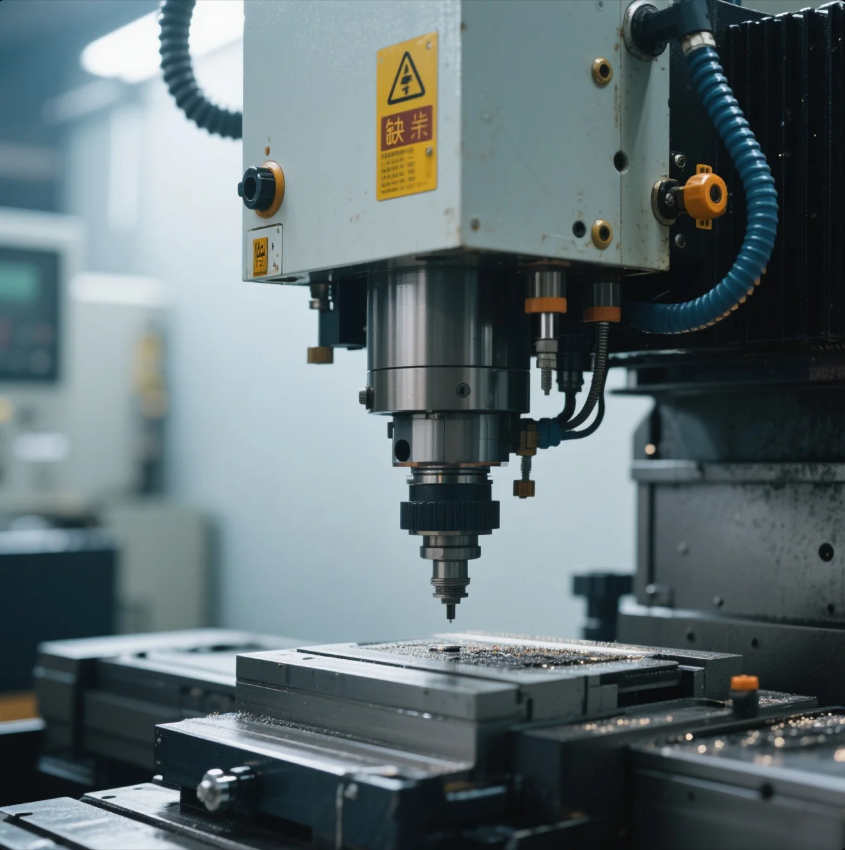How Long Does It Take to Learn a CNC Machine?
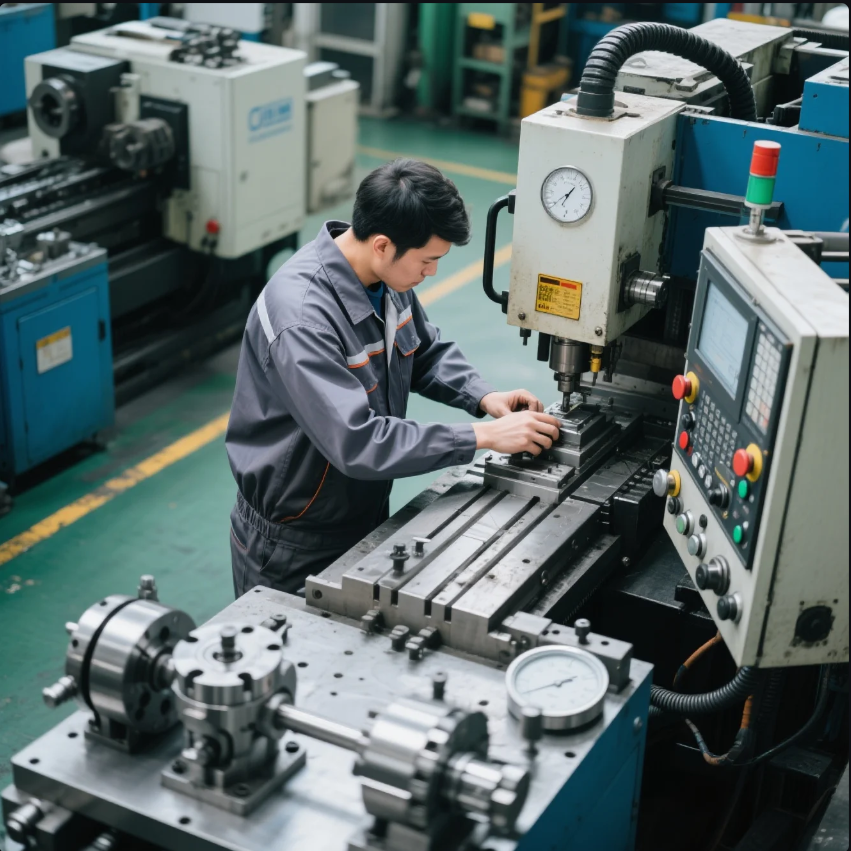
Learning to operate a CNC machine can be an exciting and rewarding journey, but many people wonder how long it takes to become proficient. Whether you’re new to the world of machining or looking to expand your skills, it’s important to understand the learning curve and what to expect. In this article, we’ll explore how long it typically takes to learn a CNC machine and provide insights into the process.
Snippet paragraph: Learning to operate a CNC machine depends on your prior experience, but with proper training, you can become proficient in a few months. Here’s what you need to know to get started.
Transition paragraph: Curious about how long it takes to master CNC operations? Let’s dive into the details of CNC training, how challenging it is, and how much you can earn as a CNC operator.
How Long Does CNC Training Take?
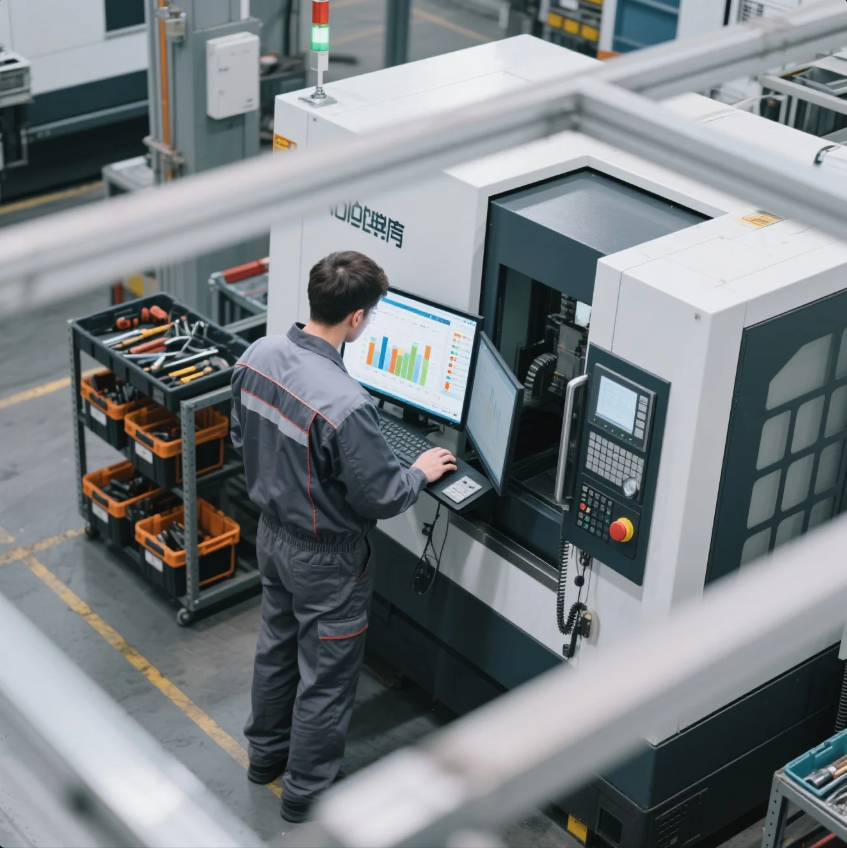
The duration of CNC training depends on several factors, including the complexity of the CNC machine, the type of training program, and your previous experience. On average, CNC training can take anywhere from a few weeks to several months.
Typical Training Time
- Short-term programs: These can range from 4 to 8 weeks and are often designed for those who already have a basic understanding of machining or engineering concepts.
- Full certification courses: A more comprehensive program can take 6 months to a year, where you’ll learn everything from basic machine setup to advanced programming and maintenance.
- On-the-job training: Many CNC operators also gain hands-on experience while working, which may extend the training process depending on the company and machine complexity.
What’s Involved in CNC Training?
CNC training typically includes both theoretical and practical components, where you’ll learn topics such as:
- Understanding CNC machine components and operation
- Reading blueprints and technical drawings
- CNC programming and tool selection
- Operating the machine and troubleshooting common issues
Are CNC Machines Hard to Learn?

Learning how to operate a CNC machine can initially seem intimidating due to the complexity of the machines and the technical knowledge required. However, with the right training and practice, most people find that CNC machines are manageable and, in many cases, enjoyable to work with.
Why CNC Machines Aren’t Hard to Learn
- User-friendly interfaces: Modern CNC machines come with intuitive controls and touchscreens, making it easier for beginners to get started.
- Structured learning path: With step-by-step training and a clear progression, beginners can build confidence as they gain hands-on experience.
- Simulators: Many training programs and schools offer CNC machine simulators, which allow you to practice programming and operating machines virtually before handling real equipment.
While it may take time to get comfortable with advanced operations, mastering the basics is achievable within a few weeks of training.
Do CNC Operators Make Good Money?
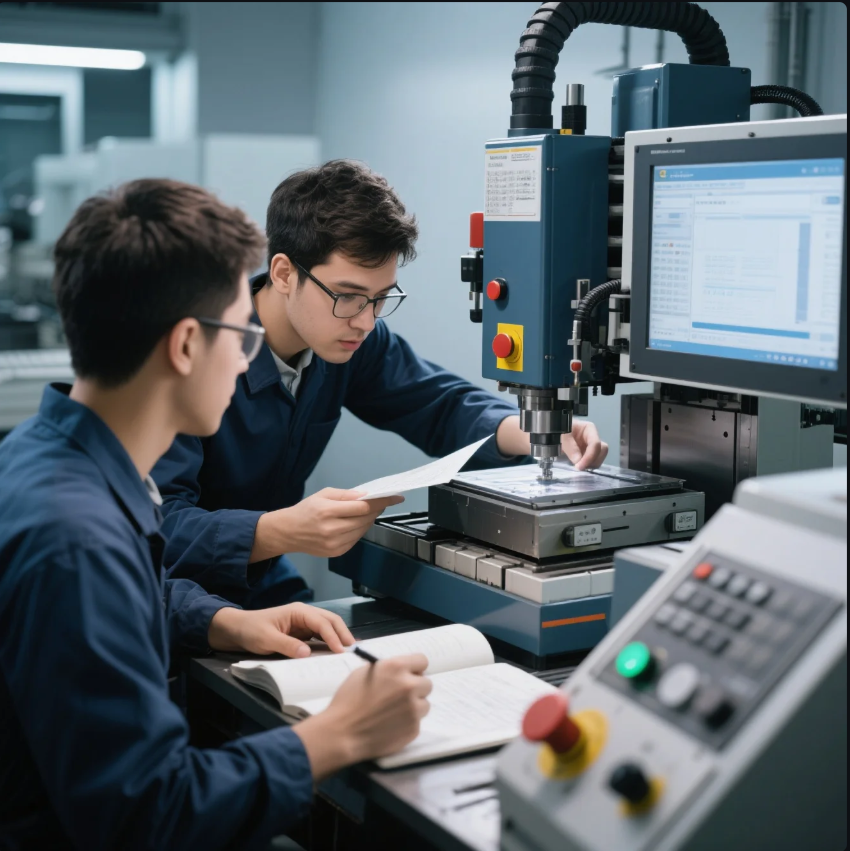
Yes, CNC operators can earn a competitive salary, especially with experience. The pay for CNC operators varies based on factors like location, skill level, and industry. Generally, CNC operators are well-compensated for their technical skills and expertise.
Average CNC Operator Salary
- Entry-level CNC operators: They typically earn between $15 to $20 per hour, depending on the region and industry.
- Experienced CNC operators: With a few years of experience, CNC operators can earn anywhere from $20 to $30 per hour, and sometimes even higher.
- Advanced CNC machinists: Skilled machinists who have mastered programming and advanced machine operation can earn $40,000 to $70,000 or more annually.
In addition to base pay, CNC operators often receive benefits like healthcare, paid time off, and opportunities for overtime, which can increase earnings.
How Long Is School for CNC Machinist?

Becoming a CNC machinist typically involves attending a vocational school or technical college. The length of time spent in school can vary depending on the program you choose and whether you are pursuing a full-time or part-time course load.
Duration of CNC Machinist Programs
- Certificate programs: These programs usually last between 6 months and a year. They focus on the core skills needed to operate CNC machines and may also include some basic programming.
- Associate’s degree programs: A two-year associate’s degree is a more in-depth option, providing a comprehensive education that includes CNC machining, computer-aided design (CAD), and computer-aided manufacturing (CAM) software, as well as other related topics.
- Apprenticeships: Some individuals also choose apprenticeships, which combine on-the-job training with classroom instruction. These can last 2 to 4 years, depending on the program and level of certification.
What You Learn in CNC School
- CNC machine setup and operation
- CNC programming (G-code)
- Blueprint reading and interpretation
- CAD and CAM software proficiency
- Machine maintenance and troubleshooting
Conclusion
Learning to operate a CNC machine is an achievable goal, and the time it takes to master the process depends on various factors like your prior experience and the type of training you pursue. With the right training, you can become proficient in CNC operations within a few months, and the potential for career growth is substantial. CNC operators are in demand, and with experience, you can earn a good salary while working in a dynamic, technical field.
Ready to start your journey as a CNC operator or machinist? Contact Prime for more information about CNC machines and how we can help you with your machining needs. Whether you’re learning or working with a CNC machine, we have the tools and resources to support your success.

